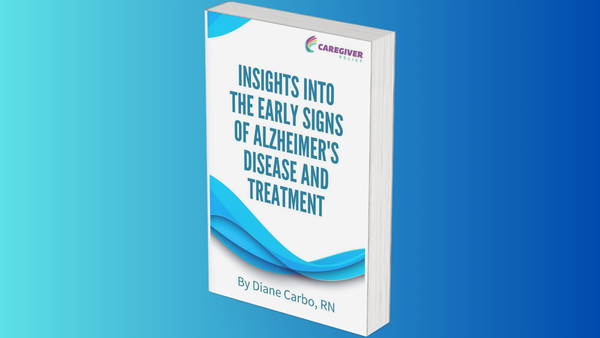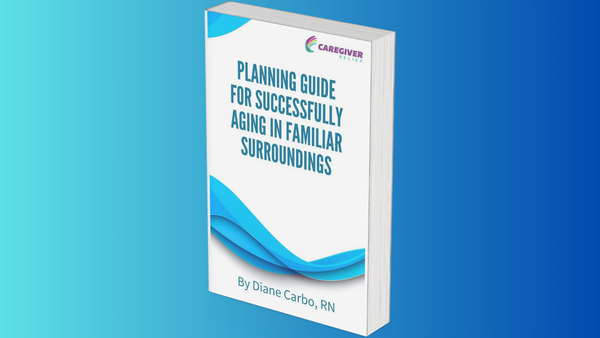Considering Nursing Home Placement for My Father: Making an Informed Decision
Caring for a loved one with dementia can be challenging and overwhelming. Learn how to overcome feelings of guilt and make the best decision for your loved one and yourself with our nursing home placement checklist and guide.

Maria writes,
I have an 90 year old father with dementia and mobility issues. I have provided care for 8 years. The financial strain is becoming more than I can handle. I had to quit work to provide care. I've considered hiring outside caregivers. The cost is more than I want to spend.
At this time, I am tired. I've neglected my own health, muy own financial future to provide care for my father. I never expected the care would require so much of mu time. I feel that I cannot continue to do this much longer. Am I being too selfish for considering placing him in a nursing home? I promised many years ago, to never place him in a facility. I am having mixed feelings on this decision. Please help?
Response
Dear Maria,
Are you contemplating nursing home placement for your elderly father? You're not alone. The responsibilities of caring for a 90-year-old with dementia and mobility issues can become overwhelming. The financial strain of hiring caregivers may also be taking a toll. If you're at a crossroads and unsure about the best course of action, it's important to address your feelings of guilt and make an informed decision.
First and foremost, let's talk about caregiver guilt. Many adult children, in a sincere moment of commitment, promise their aging parents that they'll never place them in a nursing home. However, when making such promises, it's impossible to foresee the extent of the care required. Caregiving has boundaries, and every person has their limits. Circumstances can change drastically, making it necessary to reconsider those promises.
When you made your commitment, you likely didn't anticipate providing intimate care, dealing with incontinence, or facing challenging behaviors such as aggression or inappropriate sexual conduct. Your initial promise was made with the best of intentions, but it's essential to recognize that there comes a point when keeping that promise is no longer a reasonable expectation.
Guilt can have both positive and negative aspects. On one hand, it can motivate us to go above and beyond to honor our commitments. On the other hand, guilt can cloud judgment and lead to emotionally driven, illogical decisions. It's crucial to find a balance.
Your father's condition appears to be in the advanced stages of dementia, necessitating round-the-clock care. Transitioning your father into a nursing home is not a failure; it's a shift from being his primary caregiver to becoming his advocate. This transition can be challenging for many caregivers, but it may be necessary for your own well-being.
Remember that placing your father in a nursing home is a decision made out of love and concern for his safety and quality of life. You've provided him with excellent care at home, and now you can ensure he continues to receive the care he needs while focusing on maintaining your own health.
Thanks for sharing your concerns,
Diane Carbo RN
More articles you may find useful...












